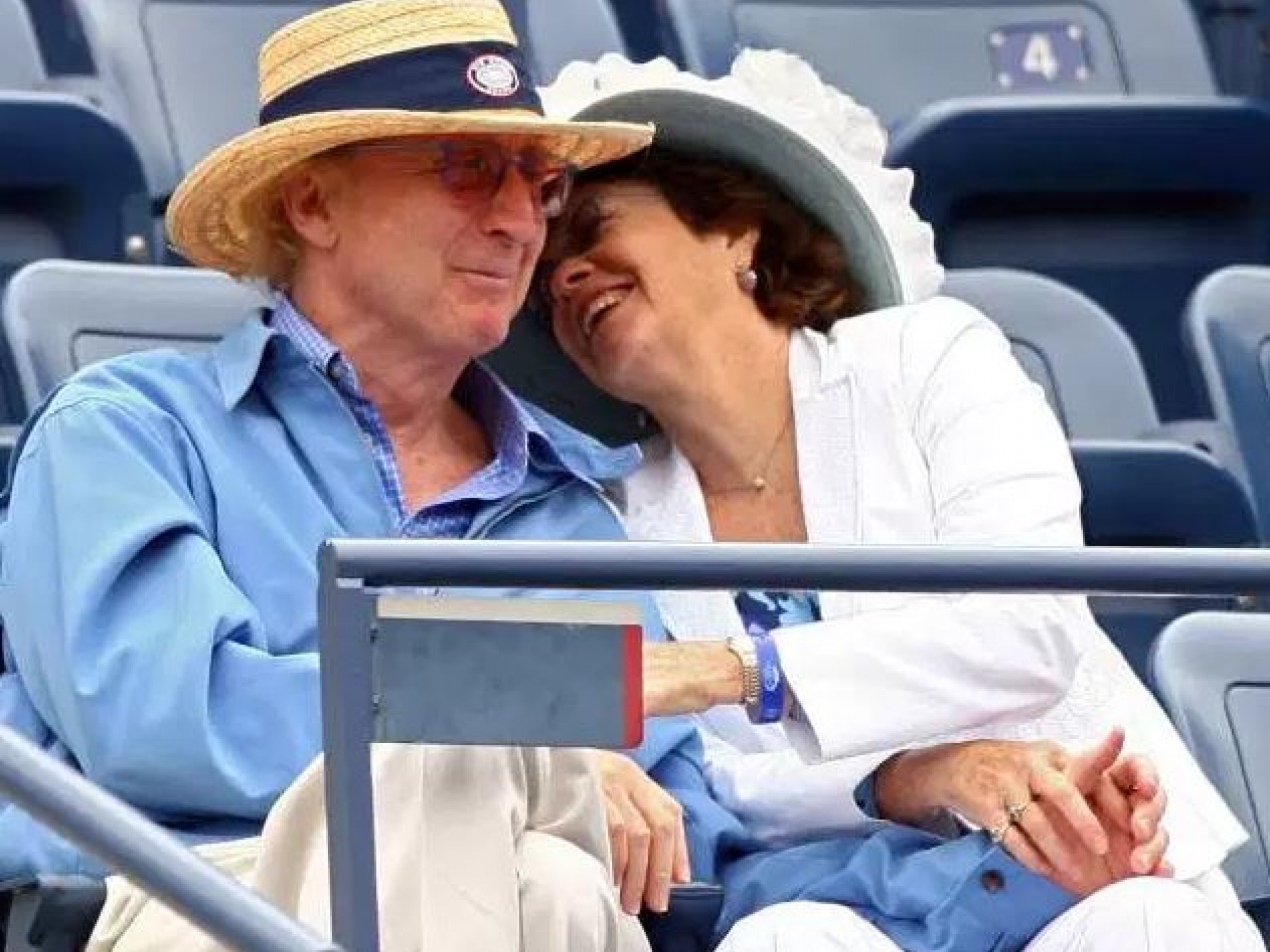Interview with Karen Boyer Wilder

Sign up and receive information on the latest news and updates.
A new documentary, “Remembering Gene Wilder" His Life, Legacy and Battle with Alzheimer’s Disease will focus on the life of this extraordinary film star and his fight with this demon of a disease. Karen Boyer Wilder, Gene’s wife, acted as Gene’s caregiver throughout his journey with Alzheimer’s. Having met Gene by chance as he was preparing for a film shoot in 1989, she stood by him through the good times and the challenging times.
Below is an interview transcript with Karen, discussing her life with Gene, the challenge of being a caregiver, advice she has for those impacted by Alzheimer’s disease and her optimism for a cure.
Q: What advice would you give to the average person about learning that a love one has Alzheimer Disease/Dementia?
A: When Gene first started showing symptoms, what helped me the most was learning as much as possible about the disease. I did a lot of research! Reading about it on the internet, several books and videos I also found were very helpful too. In addition, I spoke to Gene’s physician, Dr. Michael Rafii along with other experts to get a better understanding on how I could best take care of him.
Also, there were a couple of PBS specials on TV that were very helpful. One film that comes to mind was about a young woman who had taken care of her mother for years that had Alzheimer’s Disease. She had taken a photograph each day of her mother and explained the different stages in a way that I think was very comprehensible.
This was very helpful for me as a caregiver to know what the stages are and what to expect in the future.
Q: What advice would you give someone that needs to hire a caregiver?
A: Based on my experience with Gene, most of the caregivers that I hired had their own unique and personal way on how to treat patients with AD. My feeling is that it’s very important to explain to them your loved one’s personal habits and needs first prior to them starting care. Ideally, I think it should be a combined effort between the family, physician and the caregiver to ensure the best results for the patient.
Q: As the primary caregiver for Gene, at times it must have been extremely difficult for you to take care of him. Are there any specific stories that you’d like to share?
A: Absolutely, at times it was very overwhelming for me. One story that comes to mind is when I was assisting him while he was writing his book.
Gene wanted me to change several phrases. I more or less knew what he wanted. However, he would tell me exactly what to write down. After a while, I’d read it back to him and he’d say that’s not what I said! It’s hard to argue with that when you don’t know what he really wants to say.
Q: Were you a part of any support groups during Gene’s illness? Do you continue to take part in support groups? Are there any you would recommend?
A: Yes, I did go to support groups. I went to Alzheimer’s San Diego. First and foremost my feeling is that it’s very important to accept the disease. I think a lot of people are in denial and they don’t want to take the next steps in getting treatment.
In my support group, they also talked about financial planning and costs, which I think is extremely important as Alzheimer’s Disease requires - in some cases - 24 hour-7 Day care. This can be very costly. I didn’t go to any support groups after Gene passed away. However, I did see a private psychiatrist to help me through the grieving process, it was very helpful for me.
Q: How did being able to keep Gene home benefit his care?
A: I think the benefit of Gene being at home where he was familiar with everything, and knew where everything was, was extremely important for making him feel more comfortable. In addition, I think it was very beneficial for Gene to have me and our housekeepers around because we were the people that really loved him the most.
Q: What is one thing you hope people take away from Gene’s Story?
A: Our goal for telling Gene’s story is that it will create awareness and attention for Alzheimer’s Disease. So many people in this country have the disease but sadly, have never been diagnosed. Our hope is that by watching Gene’s story, people will be encouraged to see their family physician if they suspect or start showing symptoms similar to Gene’s. Also, people should be hopeful for the future. They can be optimistic that a cure will be found. There’s some amazing research currently going on in this country and all over the world.
To learn more about Gene’s story, please check out the upcoming documentary, “Remembering Gene Wilder” His Life, Legacy and Battle with Alzheimer’s Disease which will be available in the Spring 2019. Follow the film on Twitter at @GeneAdFilm